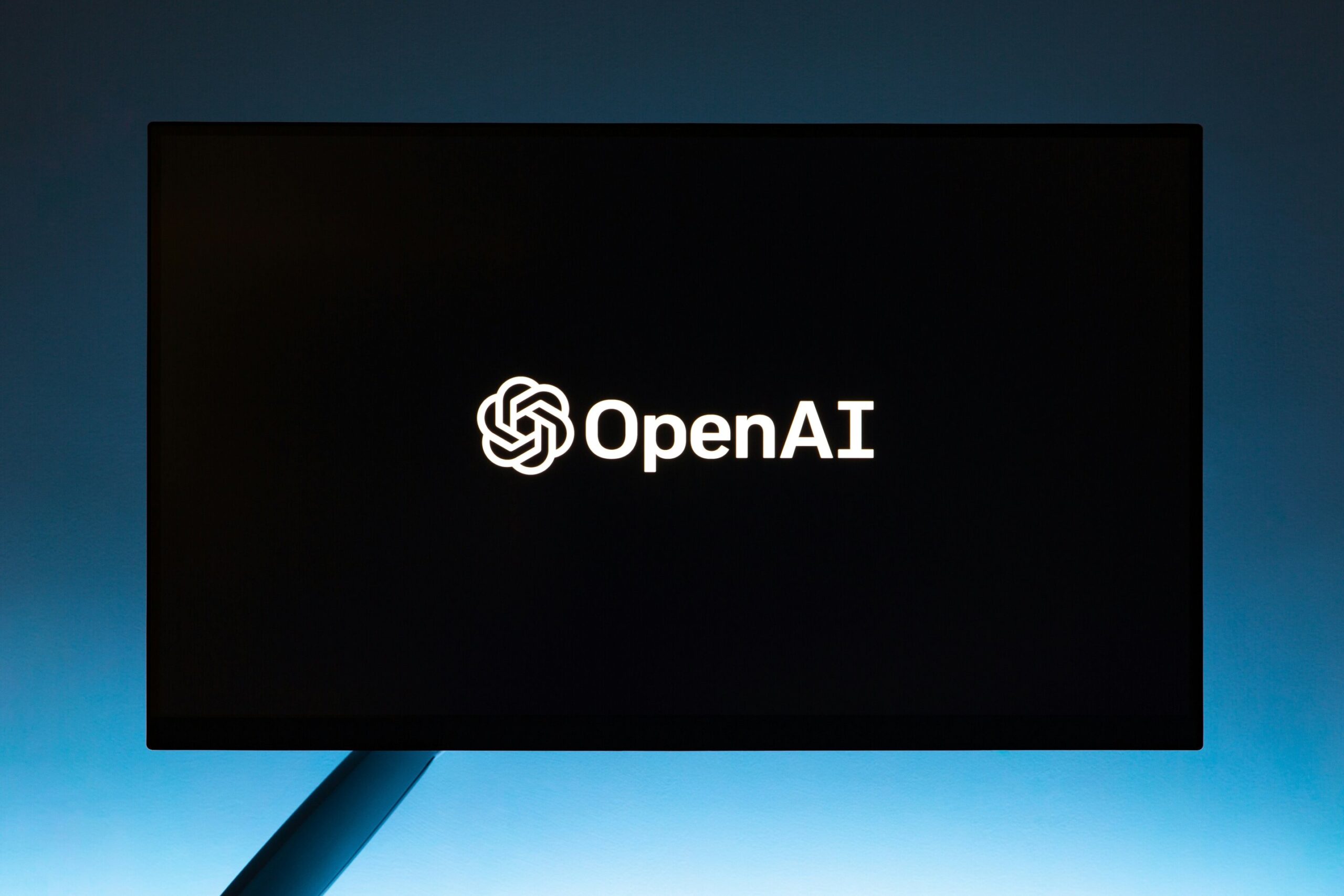In a world where artificial intelligence (AI) is increasingly becoming a part of our daily digital interactions, OpenAI has unveiled its latest innovation: an AI agent named Operator.
This move signals a significant shift in how we interact with the Internet, potentially changing the landscape of browser technology as we know it.
Read also: ChatGPT romance: Ayrin falls in love with AI boyfriend
The unveiling of OpenAI’s Operator
The operator was unveiled on January 23, 2025, marking a significant milestone in AI application. This AI agent is not just another tool; it’s a bold step towards automating web tasks directly within your browser. From personal shopping to filling out forms or booking travel, the Operator aims to handle these tasks autonomously, offering a glimpse into the future of web automation. It uses a model named Computer-Using Agent (CUA), which integrates advanced reasoning and vision capabilities to navigate graphical user interfaces (GUIs), making it capable of clicking, typing, and scrolling through web pages.
OpenAI’s Operator: A challenge to browser giants
The introduction of Operator doesn’t just aim to automate tasks; it positions OpenAI to directly compete with established browser giants like Google with its Chrome browser. The idea of OpenAI developing its browser has been discussed, with reports suggesting that the company has been talking to developers and has even considered or struck deals to enhance search functionalities across various sectors like travel and real estate. This move could disrupt Google’s dominance in search and browser markets, especially with the U.S. Department of Justice pushing for Google to divest Chrome to curb its market monopoly.
The privacy and control conundrum with AI in browsers
Despite the convenience, integrating such powerful AI tools into browsers raises considerable concerns about privacy and user control. OpenAI has stated that the Operator is designed with user safety in mind, featuring safeguards that require user approval for significant actions and offering the ability to take over tasks that involve sensitive information. Users can also opt out of data usage for model training, ensuring some level of privacy. However, the reality of handing over control to an AI agent, even with these safeguards, might make users wary, given the history of data breaches and privacy issues surrounding tech giants.
The technology behind OpenAI’s Operator in browsers
Read also: Perplexity acquires Read.cv, a platform for creative professionals
The operator is powered by OpenAI’s latest advancements in AI, including the GPT-4o model. This model can interact with visual elements on web pages and is uniquely suited for browser automation. The architecture involves a remote web browser controlled by AI, where users can communicate through a chat interface. This system handles complex, multi-step workflows, potentially transforming how we perceive and use AI in everyday digital tasks.
The future of AI in browsers with OpenAI’s Operator
As we stand on the brink of this AI-driven transformation, the question remains: Will users embrace the convenience of having an AI agent manage their browsing tasks, or will privacy and control issues overshadow the benefits? OpenAI’s Operator, if successful, could redefine user interaction with the web, making browsing a more passive yet productive activity. However, the balance between innovation and user trust will be critical in determining its success.
OpenAI’s venture into browser technology with Operator unveiled on January 23, 2025, is a testament to how AI is not just about answering questions or generating content but also about performing actions in the digital world. This development may set a new standard for what we expect from our web browsers, pushing the narrative of AI from a passive tool to an active participant in our digital lives.
